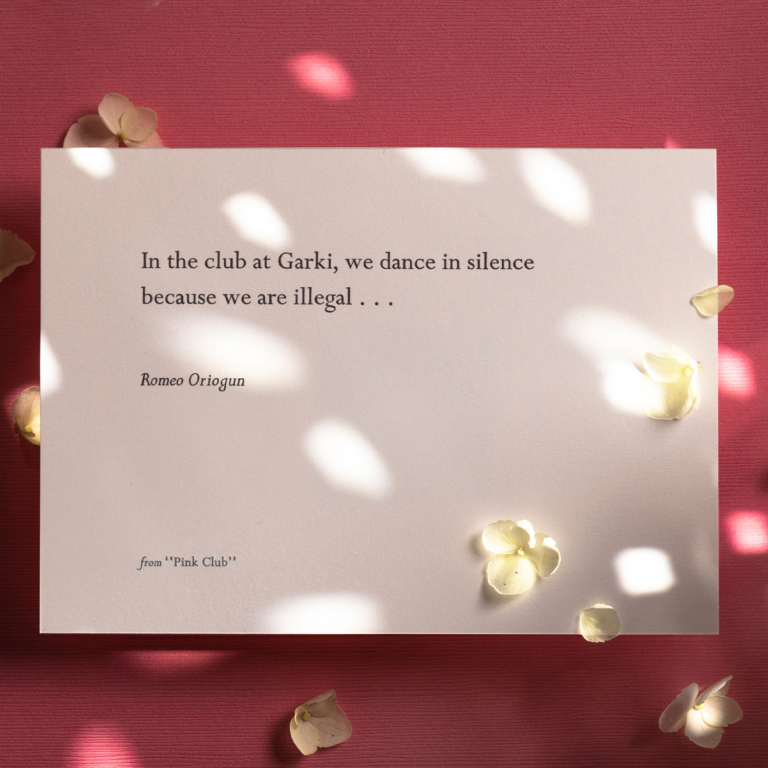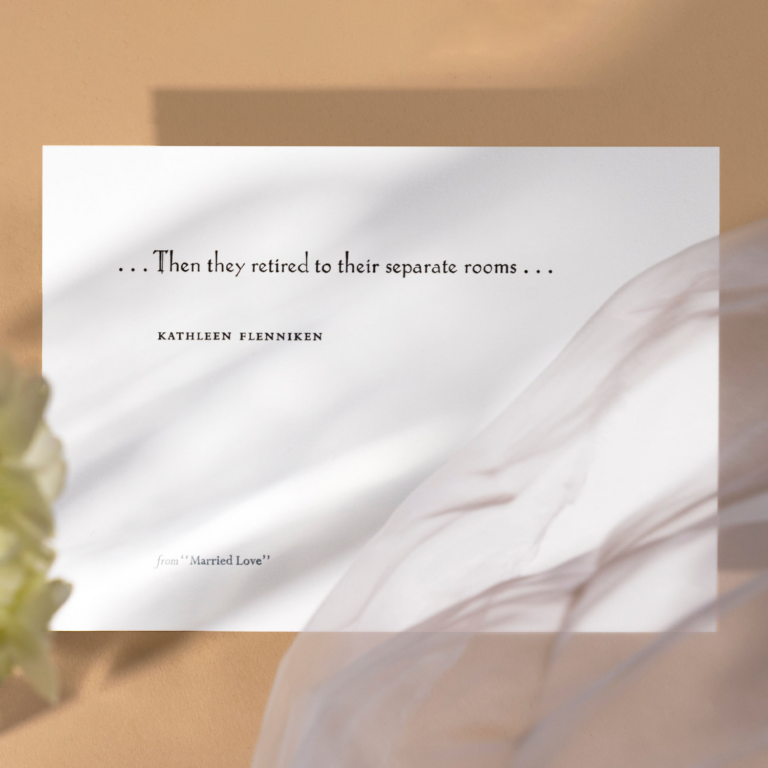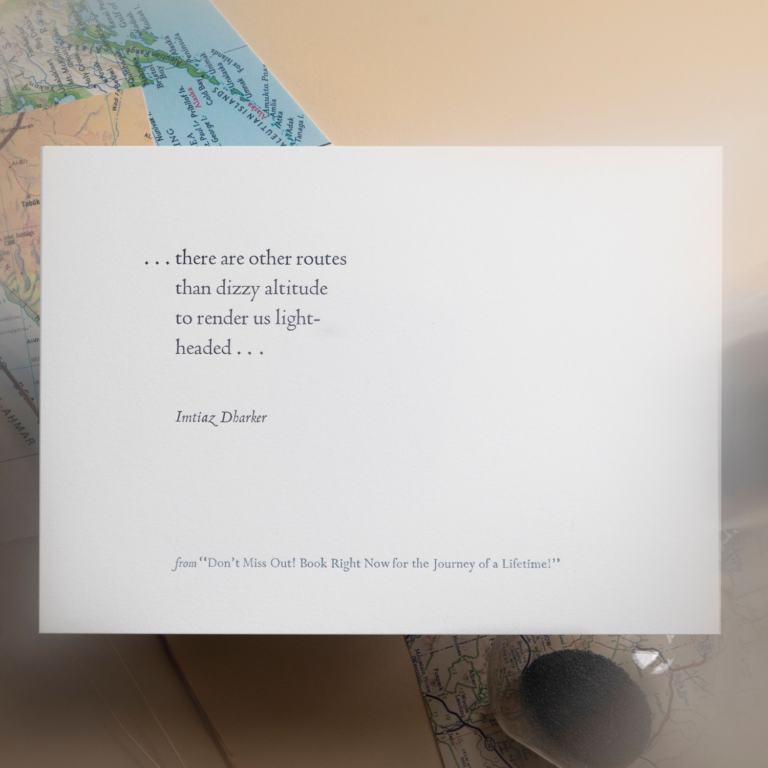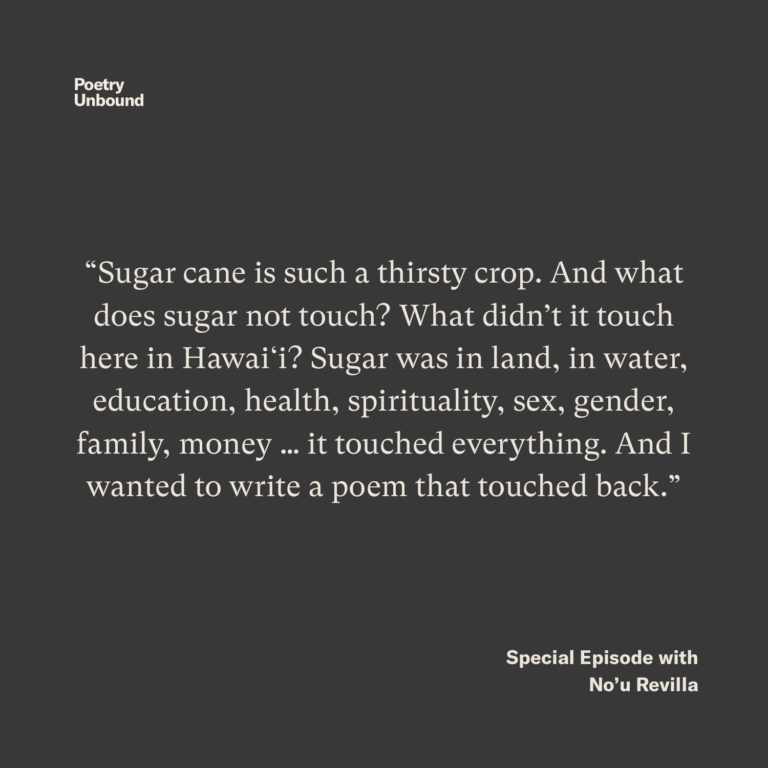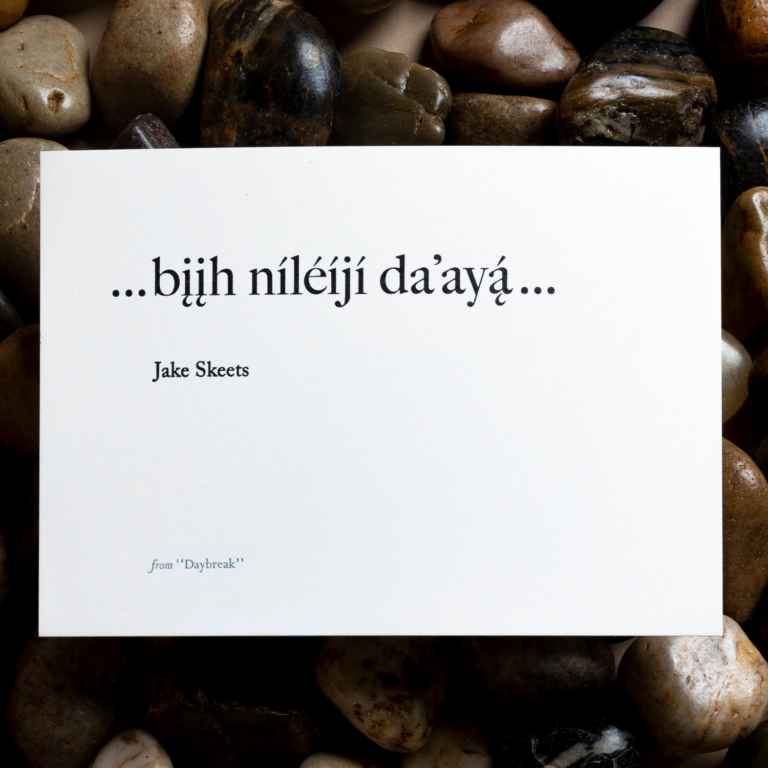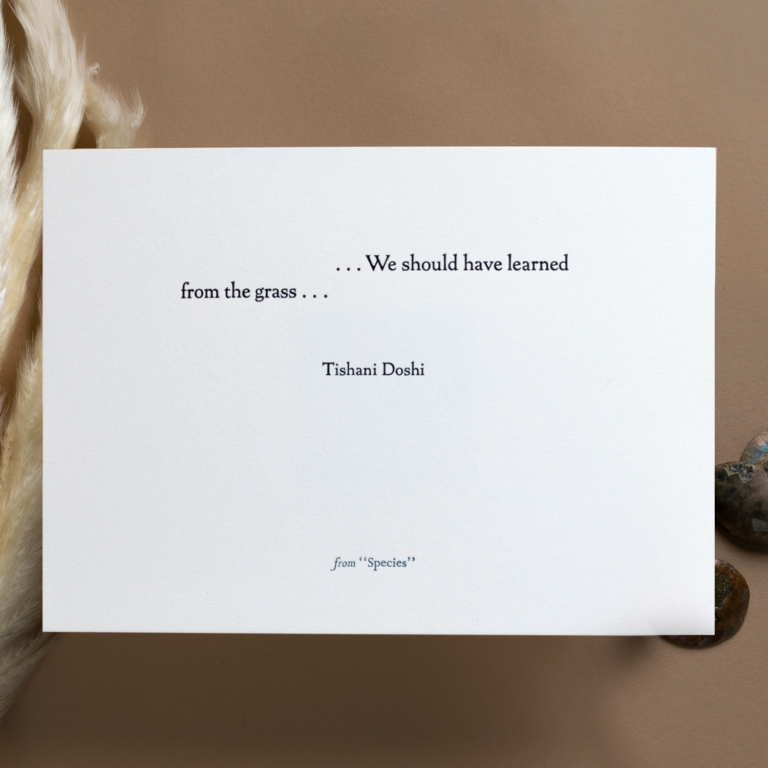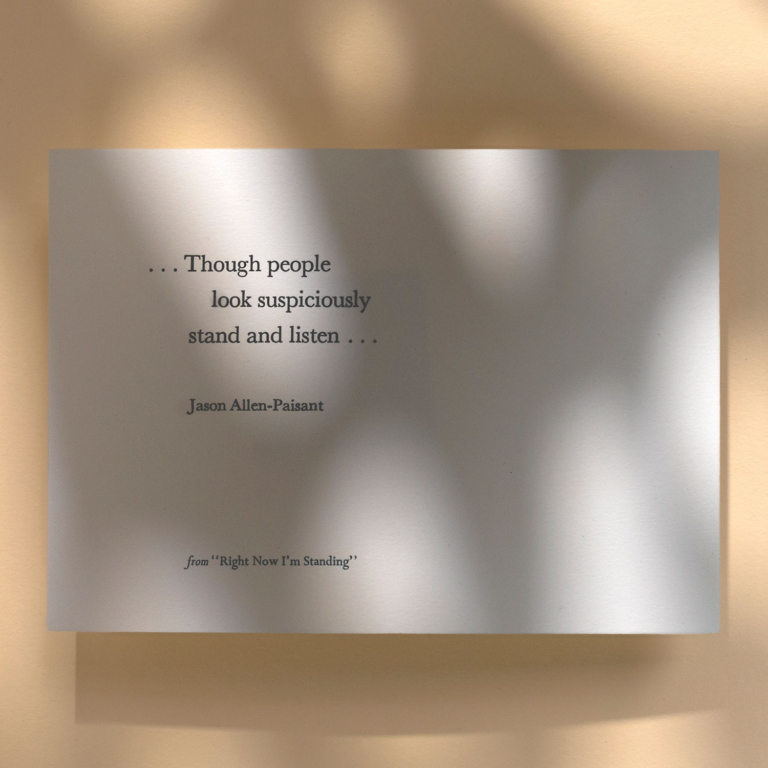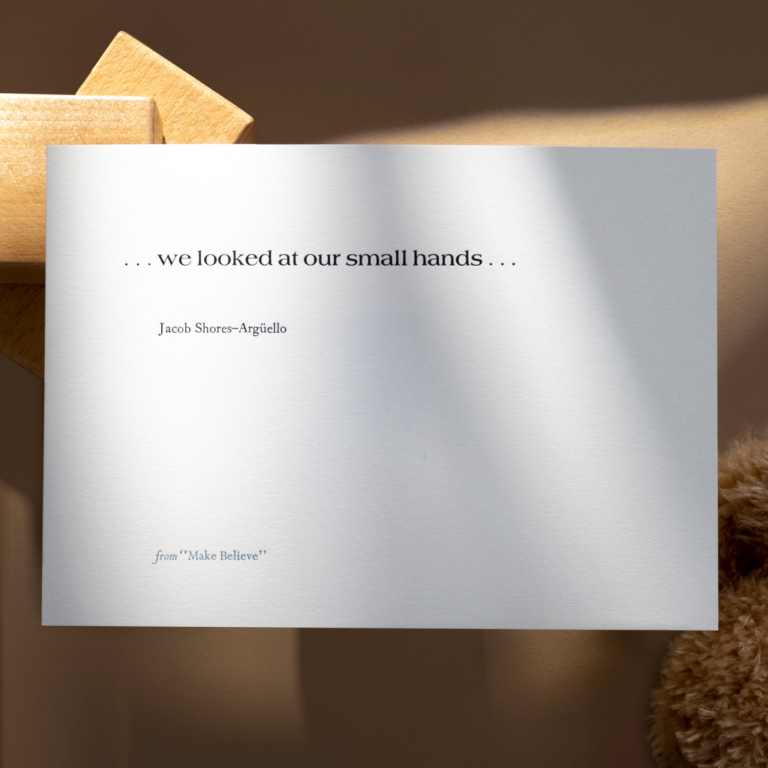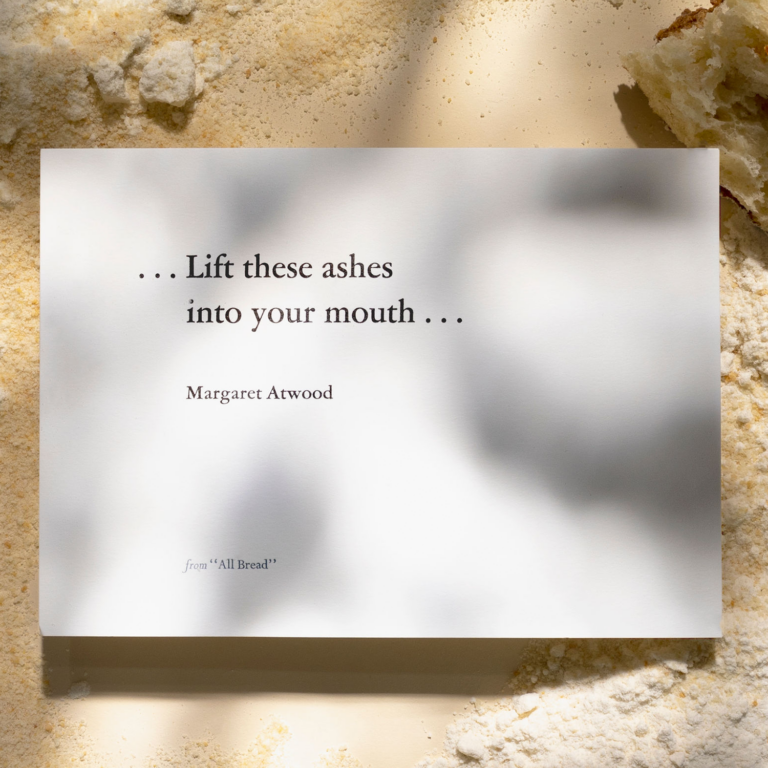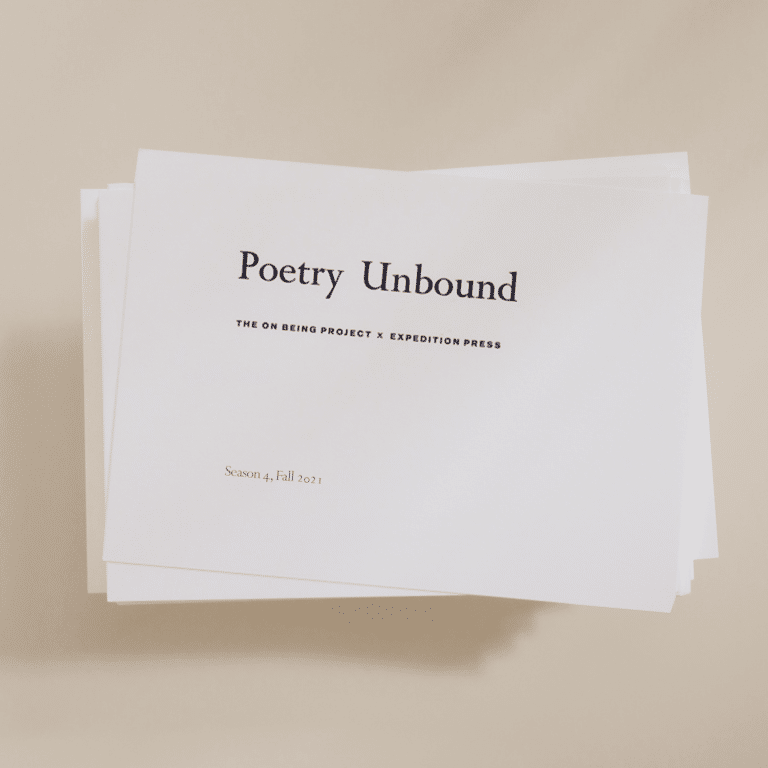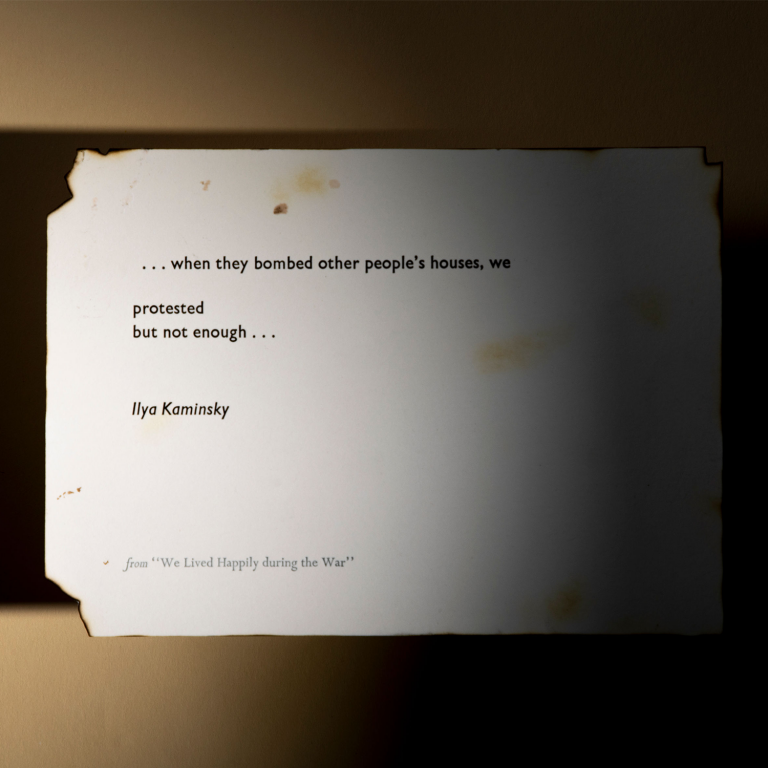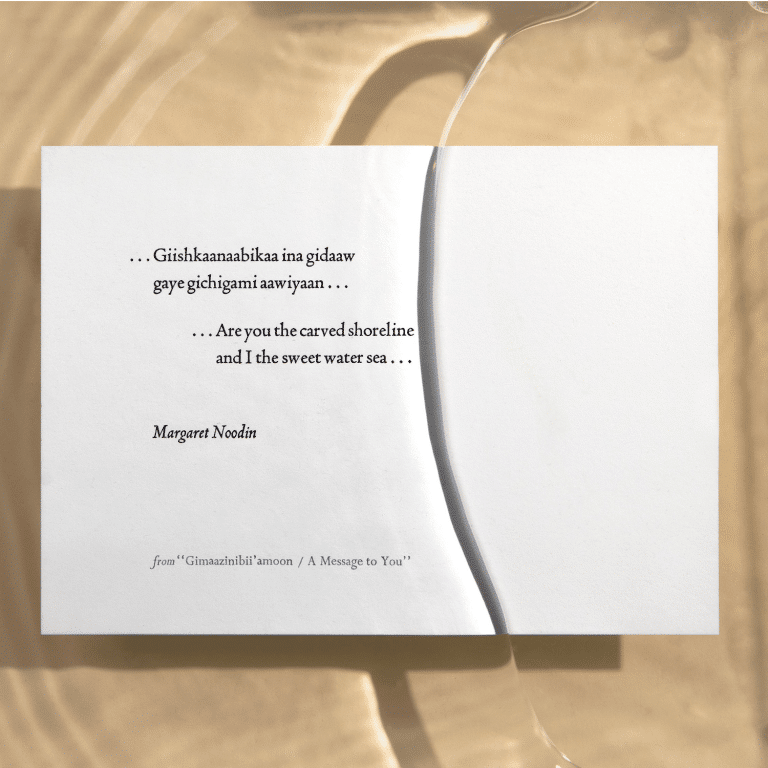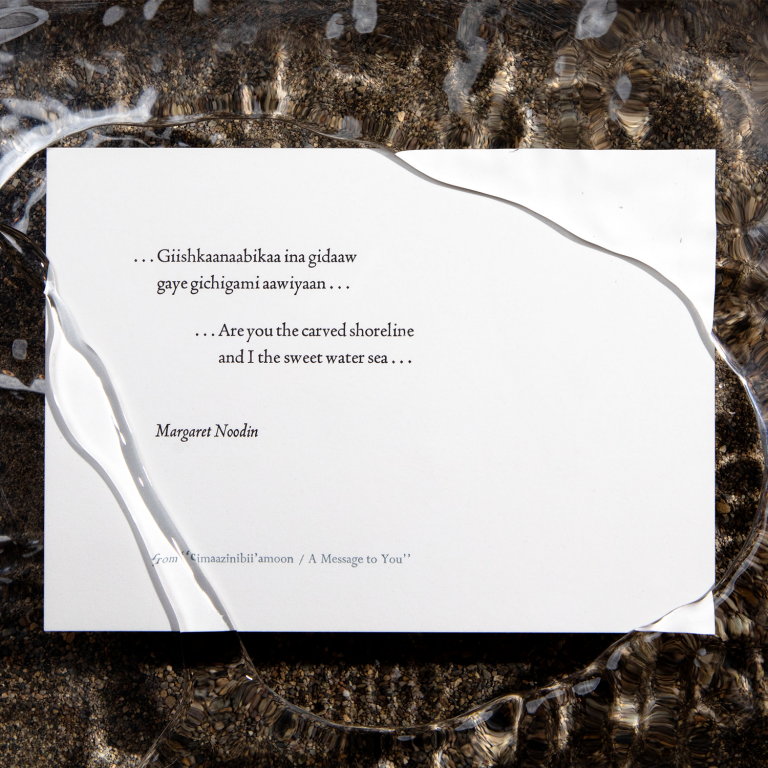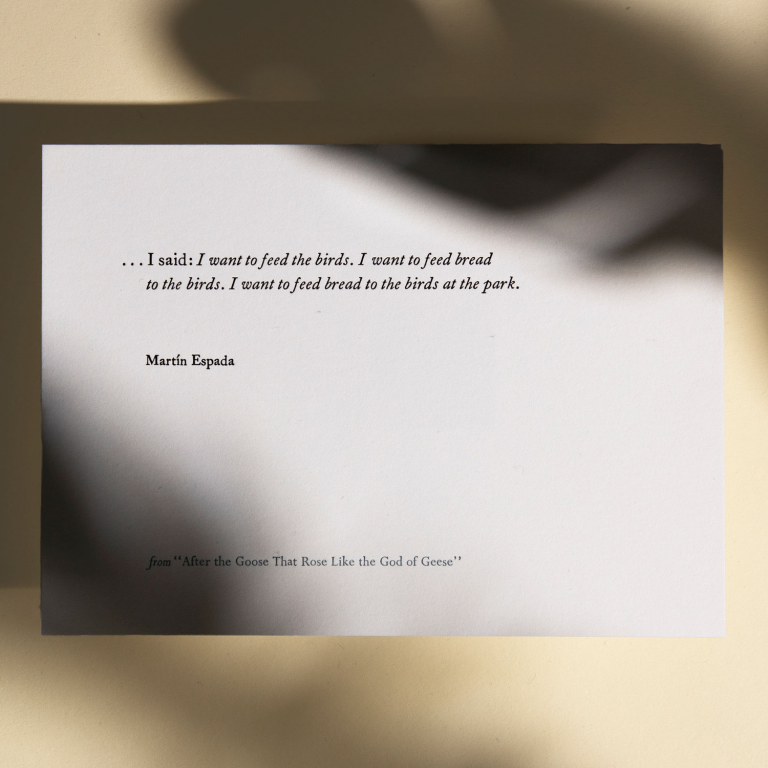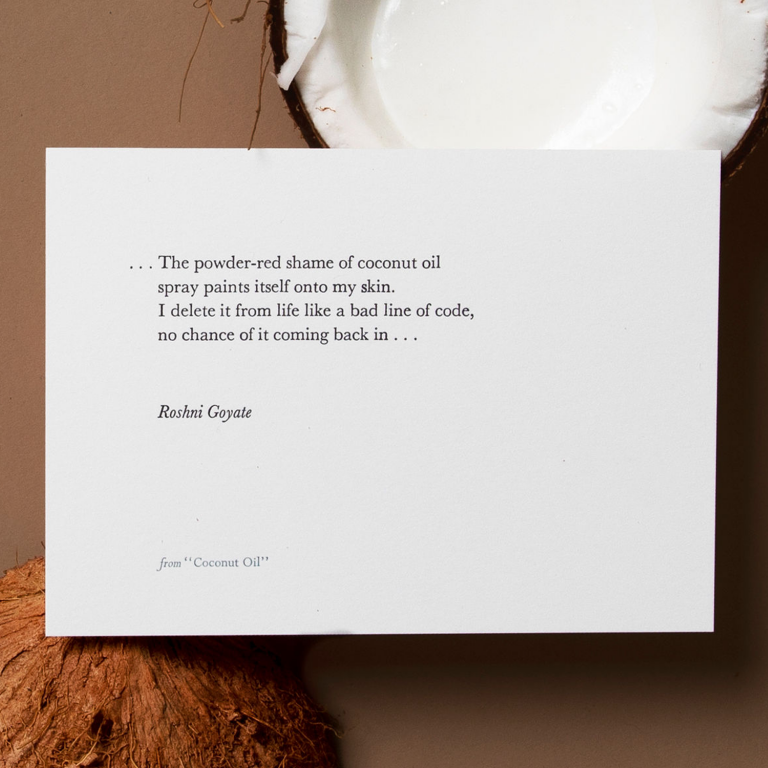October 25, 2021
Romeo Oriogun
Pink Club
A club is a place for dancing, for abandon, for music, and for meeting strangers. Romeo Oriogun recalls a gay club that was for all those things, but also for escape. Living in a place where queer lives were under threat, he offers a praise song for this cathedral of safety and movement. Outside the world is silent, but inside the bar, people carry stories of their own desire, of their families, of their hopes; both for the future and the present.






